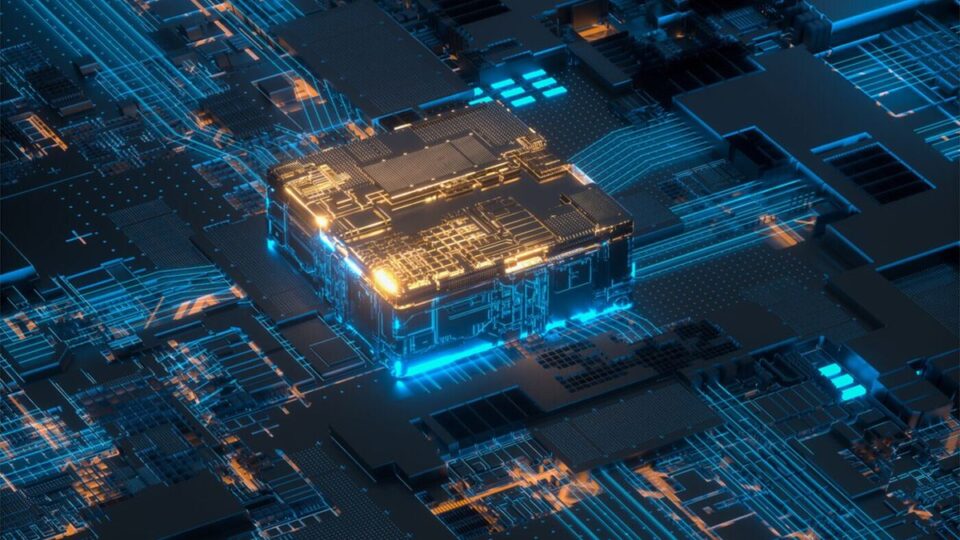Arm Holdings hopes to increase its share of the global data center CPU market from 15% to 50% by the end of 2025. Mohamed Awad, senior vice president of infrastructure at Arm, made the claim in an interview with Reuters. The company pins its hopes primarily on AI servers, so consider offerings like Nvidia’s GB200 and GB300 machines, custom silicon from large cloud service providers, and Ampere Computing-based systems.
Most servers today run AMD’s EPYC processors or Intel’s Xeon CPUs that rely on the x86 instruction set architecture, as there is more data center-grade software for x86. However, the situation is changing, and Arm says that some server programs are now developed for Arm-based processors first and then ported to x86. Google and Microsoft have also started designing data center processors with Arm’s technology, although their projects are at an earlier stage compared to Amazon.
While x86 dominates the server market and will likely continue for a while, Arm adoption is growing. Arm is used by Amazon Web Services for its Graviton CPUs, which are used for many of its instances instead of AMD’s or Intel’s processors. Half of the processors used by AWS are indeed Arm-based Graviton CPUs.
In addition, Ampere Computing offers Arm-based CPUs for data centers. Ampere is a chip designer backed initially by Oracle but now owned by SoftBank (which also happens to own Arm Holdings).
In addition to AWS and Ampere, Nvidia is emerging as a major backer of Arm in the datacenter space. The company’s Grace CPUs with 144 Arm Neoverse V2 cores power GB200 and GB300 AI servers will likely become popular with large cloud service providers.
But Arm pins its hopes not only on AWS, Ampere, and Nvidia. The company also offers compute subsystems (CSS) based on its Neoverse cores, enabling chipmakers to build their data center-grade CPUs relatively easily. Furthermore, Arm is reportedly developing its own CPUs for large cloud service providers, such as Meta. These CPUs have yet to gain market share, though if Meta deploys them in volume, they will inevitably control a significant part of the server CPU market as Meta is one of the major users of servers globally.
Get Tom’s Hardware’s best news and in-depth reviews, straight to your inbox.
